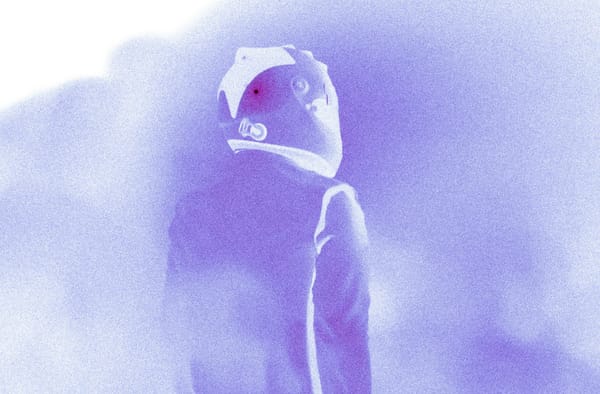Trop-T or Trop-I - what is the difference?

If you read current events, especially in non-mainstream media, you might have heard about the increase in cardiac issues worldwide.
Sportspeople, doctors, and regular folks suddenly, without cause, found themselves at the wrong end of a cardiac issue.
I wrote earlier about taking a test to measure your risk, if any. Today, I want to elaborate on the types of tests and the relative benefits of each.
When a cardiac event occurs, your body produces proteins. The proteins are not a direct response to the cardiac arrest. So why is your body producing proteins in response?
In reality, when your heart muscles fail as a result of a cardiac arrest, the cells in the muscles get damaged. The damage occurs due to a cessation in the supply of blood and oxygen. Damaged cells then leak proteins into your bloodstream, such as troponin-T and troponin-I.
Normally, these proteins would remain confined to your cells. Because the cells are dead, they are leaking their contents, elevating the supply of proteins in your blood. It is this elevated protein that we seek to measure.
So should you get a Trop-T or Trop-I test done?
Both tests are sensitive to the elevation of these proteins in your blood. Trop-T, in particular, is sensitive to low levels. Therefore, you might have seen a doctor recommend this in the case of any suspicions.
So then why bother with any other test?
The blood in your body passes through your kidneys, where it is filtered. The kidney removes anything it finds harmful and excretes it. So, your kidney can remove the troponin.
However, any damage to your kidney or its functioning can independently produce troponin, elevating its levels in your blood.
Trop-I, equally sensitive, is less affected by kidney function. It is for this reason that some doctors ask for a Trop-I test.
So if you have a history of an issue with your kidney, you could ask your doctor to request a Trop-I, instead of a Trop-T.
Needless to mention, your doctor would always know best.
Reach out to me on twitter @rbawri Instagram @riteshbawriofficial and YouTube at www.youtube.com/breatheagain






